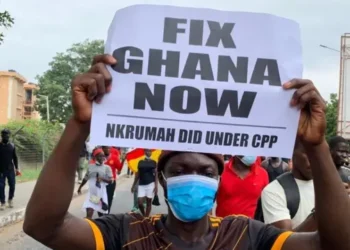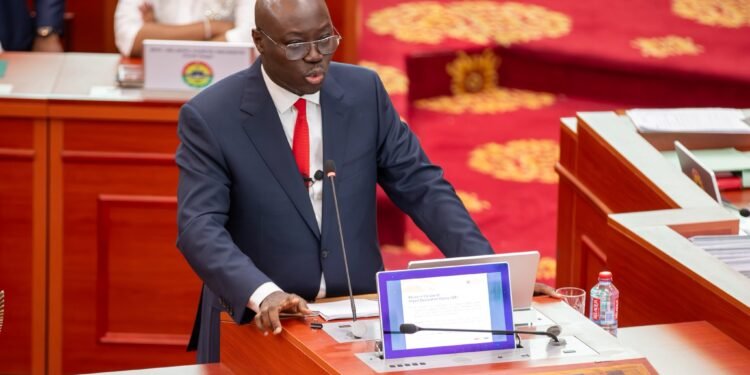In 2017, a new law introduced in France gave police greater powers to use firearms. The law stipulates that police are allowed to shoot in five instances. One of such instances is the driver or occupants of a vehicle ignore an order to stop and are deemed to pose a risk to the officer’s life or physical safety, or other people’s.
Fast forward to Tuesday, June 27, 2023, 17-year old Nahel was shot dead at point-blank range by a police officer for failing to comply during a traffic stop.
As expected, that law has been blamed for Nahel’s death. Since its introduction, ambiguity surrounding the law governing the use of firearms by police during traffic stops, has caused a surge in deaths.
Policeman who shot and killed the teen said Nahel, who was driving the vehicle, failed to comply during a traffic stop and he felt that the teenager might go on to harm people. Laurent-Franck Lienard, the policeman’s lawyer, disclosed that it was not his client’s intention to kill the boy. However, he was quick to say that his client used his firearm “in full compliance of the law.” “He did not act outside the legal framework,” the lawyer said.
The law came into existence as a result of an incident in 2016, where an officer suffered serious burns and was put in an induced coma after a group of youths pelted his patrol car with petrol bombs.
Police unions protested and demanded a strong response from the government. In response, the then-Interior Minister, Bernard Cazeneuve vowed to change the law on the use of firearms by police, leading to the passing of Article 435-1 of the penal code in 2017.
Meanwhile,French nationals, enraged by Nahel’s untimely death, broke in to widespread protests and have churned cities like Marseille, Lyon and Nanterre into spectacles of burnt cars, vandalized buildings and looted shops.
Mounds and mounds of pressure have been heaped on the head of French President, Emmanuel Macron as he seeks to quell violent protests sparked by the death of the teen boy.
Macron has already convened two meetings but failed to come up with solutions. He postponed what would have been the first state visit to Germany by a French President in 23 years, just to deal with the unrests.
The League of Human Rights, a human rights group in France, has called for the law to be repealed.
In order to quell the protests, it is pertinent for the law on police use of firearms to be reviewed.
Racial Prejudice At Play
Thirteen people who didn’t comply with traffic stops were fatally shot by French police last year. This year, another three people, have died under similar circumstances. Interestingly, most of those killed were of black and Arab origin.
Nahel, The teen boy, whose death marked the third of such cases for this year, was of North African descent.
Though the policeman who shot Nahel has disclosed through his lawyer that it was not his intention to kill the boy, facts makes it impossible to ignore the possibility Nahel’s race was a factor in his killing.
Minorities, especially those of North African and African descent, often report disproportionate targeting by the police.
Research has shown extensive racial bias in French police targeting Arab and Black people in particular. In 2020, France’s own human rights ombudsperson found that young men who are racialised as Arab or Black are 20 times more likely to be profiled and stopped by police.
While some measures have been taken to address these inequalities, more efforts are needed to eradicate deep-seated prejudice and discrimination.
The French government, civil society organizations, and communities must work together to create a more inclusive society that upholds the values of equality, respect, and justice for all.
READ ALSO: France: More Than 1,300 People Arrested After Fourth Night Of Unrests Over Nahel’s Death






















